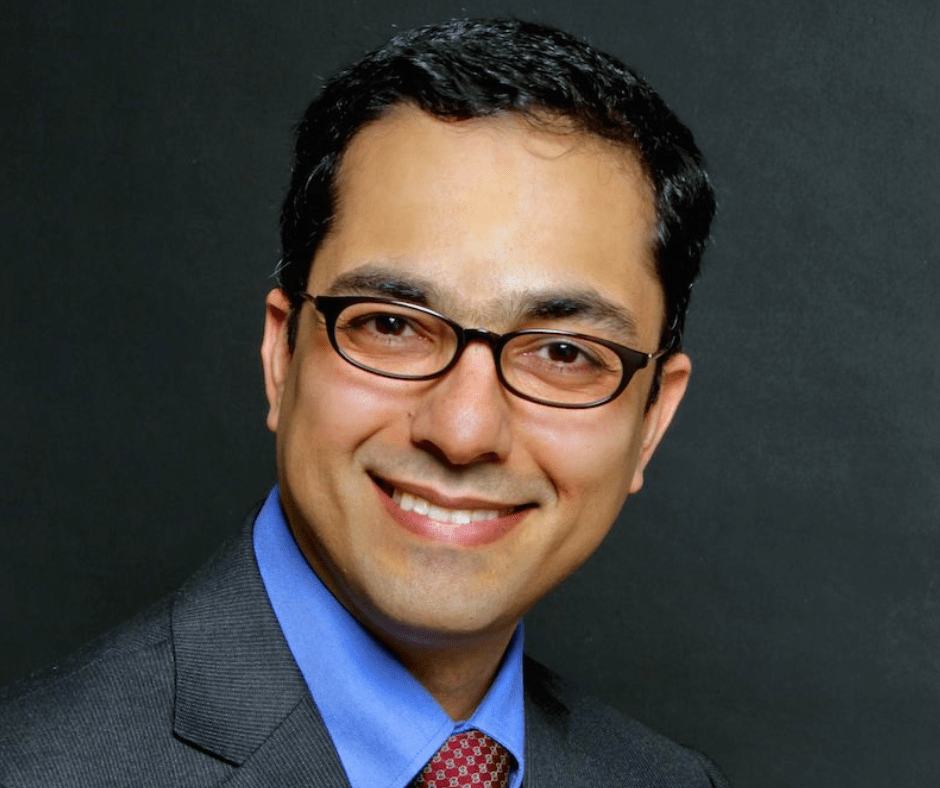Endometriosis is a disease that requires specialist treatment, from diagnosis to surgery. At the global level many women suffer from endometriosis, and despite this, there is a lack of specialists that deal entirely with endometriosis.
Because there is no specialisation for endometriosis, surgeons that operate on endometriosis patients are obstetrician-gynaecologists. They are known as endometriosis specialists. What is an endometriosis specialist?
An endometriosis specialist is usually a gynaecological surgeon who has focused their career in the field of endometriosis. She/He usually has advanced skills in laparoscopic and robotic surgery and works with a team of surgeons in other specialties.
Why does endometriosis require specialist treatment?
Because endometriosis is a challenging condition, from diagnosis to decision making for treatment to surgery. All of these stages have many complexities. A lot is at stake. For example, incomplete or low quality surgery can lead to serious consequences for the patient.
Prof Horace Roman once said that there is a need for endometriosis to have its own speciality. Do you agree with this statement?
There is no doubt that training for endometriosis at specialty level is lacking. In some countries the problem is bigger than others. I think each training system needs to search for the best ways to improve training in endometriosis care.
“I suggest researching from multiple angles and not being shy about asking direct questions regarding the doctor’s experience, outcomes and philosophy”
You are a renowned endometriosis specialist, involved in training as well and the founder of a BSGE specialist centre that sees patients from outside the UK as well. How would you describe your activity?
Our team cares for patients with the most advanced forms of endometriosis. They travel for their treatments, usually because their condition is very complex and requires a multidisciplinary team of surgeons. We do, however, look after patients with all levels of complexity. Our philosophy is that the patient should be at the centre of their own care and if surgery is decided upon, it should be complete. Having access to the latest robotic technology has allowed us to do more complex procedures better. I do think that the robot can make a difference in many cases.
One of the difficulties that endometriosis patients are facing is incomplete or failed surgeries that were done by gynaecologists surgeons without training in endometriosis. As a patient what should I look for when searching for a specialist?
I suggest researching from multiple angles and not being shy about asking direct questions regarding the doctor’s experience, outcomes and philosophy. If possible, connect to some patients treated by them but remember even the best surgeons have some unhappy patients. Volume matters and the time of a surgeon is limited. So, if a surgeon claims to be an expert in many different fields, they are probably not an expert in either of them. Also, choose your hospital carefully. You want to be treated within a health system that has very strict patient safety regulations and those heath systems are usually not the cheapest ones.
Why is endometriosis surgery so complex and why doctors’ interest in endometriosis is limited?
Surgery is complex because endometriosis can affect multiple different organs and it doesn’t follow any rules. It behaves in unusual ways and therefore each patient is different. The anatomy of the pelvis is complex and doing advanced laparoscopic and robotic procedures are technically challenging. Dedicating a career to a complex and challenging condition means a lot of sacrifice. It usually takes years of hard work, sleepless nights and perseverance. Not everyone is willing to make those sacrifices.

